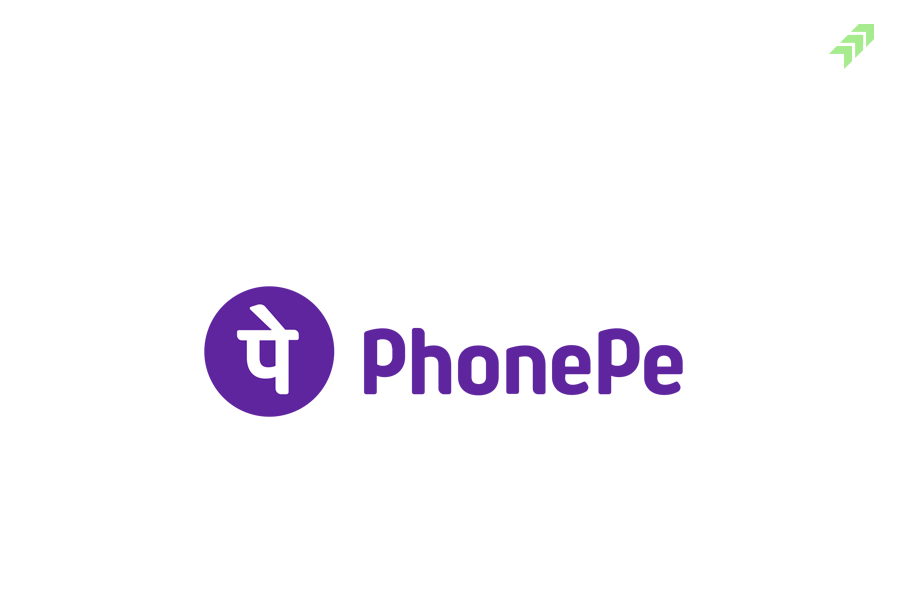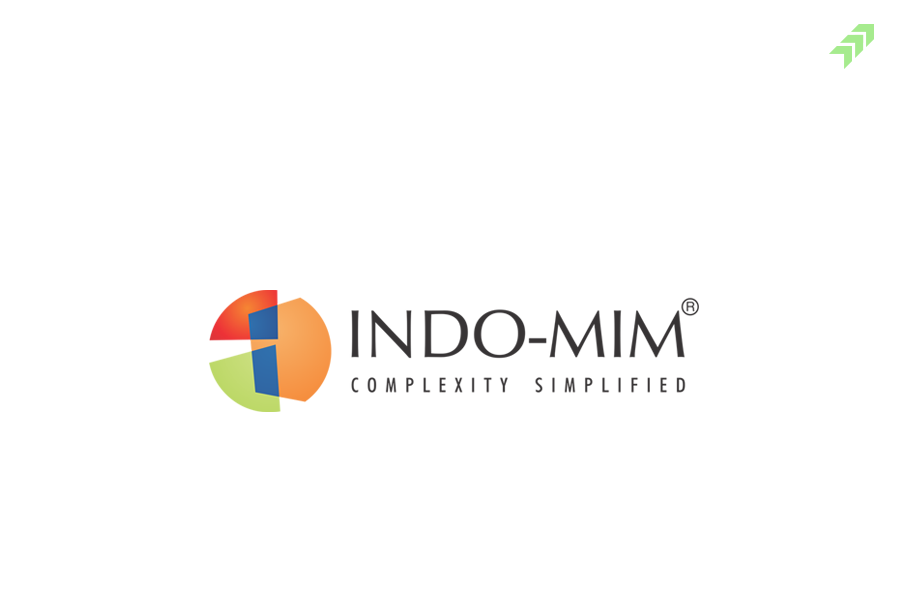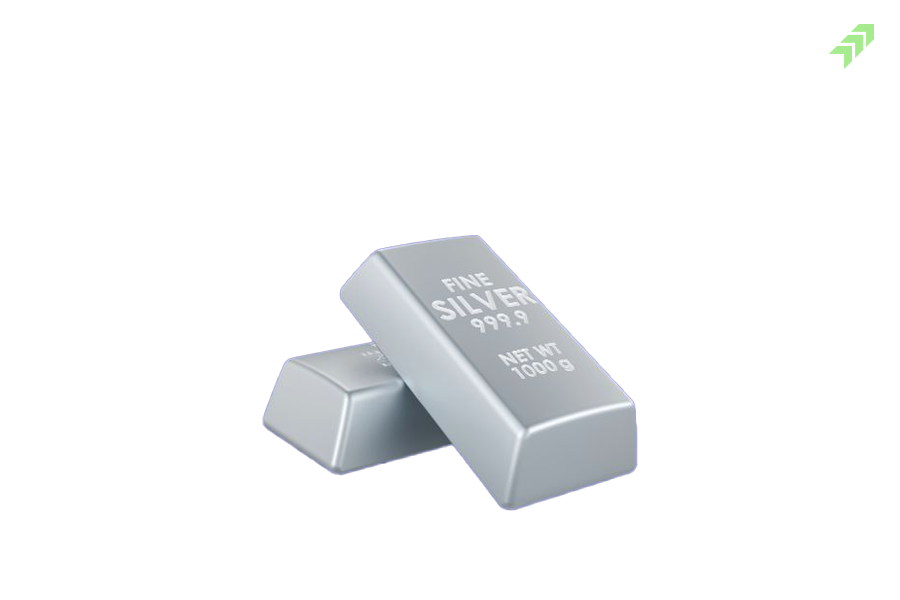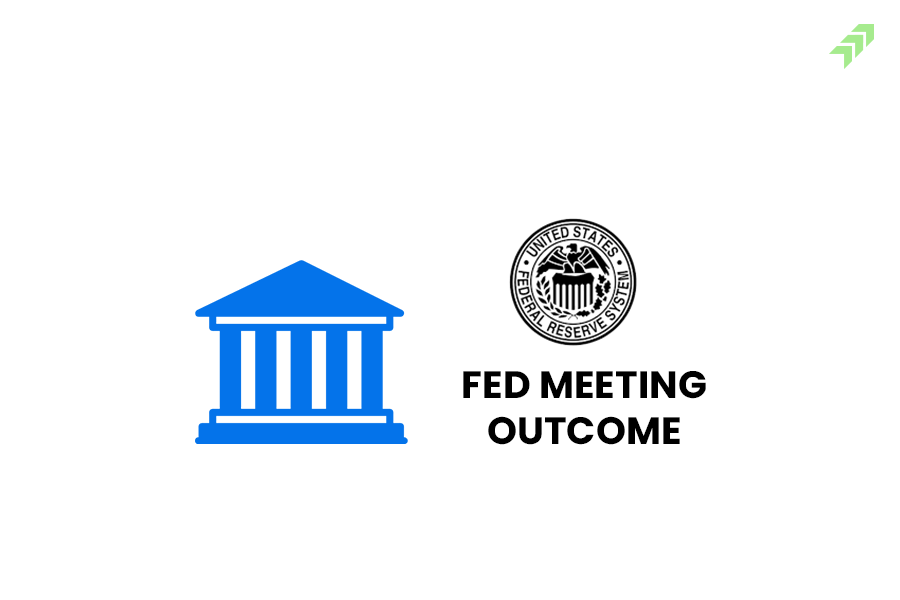Offer document
In the case of a public issue or offer for sale, the offer document is the Prospectus, and in the case of a rights issue, it is the Letter of offer, which is filed with the Registrar of Companies (ROC) and stock exchanges. An offer document contains all of the necessary information, such as risk factors, financial information, legal information, and so on, to help an investor make an investment decision.
Option Premium
An option premium is the price that is paid by the option buyer, for the right to exercise a put or call options contract at a specified price for a set period. Even if you don’t exercise the option and let the contract expire worthlessly, the option premium won’t be refunded to you. The option buyer’s profit is unlimited to the upside, but the option seller’s profit is limited to the premium received.
The underlying asset, option time to expiry, and volatility all influence an option’s price.
Open interest
The total number of contracts is equal to the open interest. In other words, open interest is the sum of all buy or all the sell. The OI only changes when a new buyer and seller enter the market, resulting in the formation of a new contract. Until the counterparty closes the contract, it is considered open. F&O markets are frequently associated with open interest. High open interest indicates that market participants will be closely monitoring that strike price. OI is often used as a market sentiment and the strength behind price trends; it is generally interpreted that the current market trend is gaining momentum or is likely to continue in the direction of OI.
Order
An order is a purchase or sale instruction given on a trading platform such as a stock exchange, bond exchange, commodity exchange, financial derivative market, etc. These instructions can be straightforward or complex, and they can be sent to to a broker or directly to a trading platform via direct market access.
Overnight fund
Overnight funds are open-ended mutual fund schemes considered to be the safest of all mutual funds. They are debt schemes that invest in debt securities such as reverse repo, collateralized Borrowing and Lending Obligation (CBLO), and other debt assets that mature the next day. Overnight funds make money by receiving interest on debt they hold. Overnight funds are ideal for entrepreneurs and business owners who want to temporarily park large sums of money before directing them to a specific project. These funds have a low entry cost and a variable holding period.
Options
An options contract gives the right to buyer but not the obligation to buy or sell the underlying asset within a specified date (expiration date) and at a specific price (strike price). Options are standardised derivative contracts whose value is determined by an underlying asset. The buyer of the option contract is not obligated to exercise the option. The person who sells options for premium is known as an option writer. The specified price is known as strike price. Not all options contracts have the feature to be executed immediately, like American contracts; European options can only be exercised on the expiration date.
Offer for Sale (OFS)
An offer for sale allows a company’s owners to sell their shares to the public. An offer for sale, unlike an IPO, does not create new shares. Existing shares are instead transferred from owners to the general public. Previously, only promoters could trade their stake in an offer for sale. However, any shareholder with a 10% holding in the company can now participate in a buyout offer. An offer for sale is only available for one trading day, from 9.15 p.m. to 3 p.m. A sale offer is not always a bad thing. The company for promoters is just like other asset for them. They have invested both money and time in building the company from scratch. So it’s not a cause for concern if they decide to book partial profits.
Open-ended
Open-ended funds are always open to purchasing and redemptions, hence, the name open-ended funds. The units are bought and sold at the declared daily net asset value (NAV) by the fund. Open-ended funds can stop accepting new funds when they think they won’t be able to manage the corpus with consistency in the performance. For short-term investors, there might be high tax implications. Since the scheme is open to new investors, so the fund managers have to maintain reserves for redemptions, and short-term investments, and there is less flexibility to make investment decisions.
Open FREE Demat Account in less than 10 minutes
20
Get Instant Pledge Benefits* + Zero Delivery Brokerage* to maximize your returns
10
Per order only (No hidden charges)


















